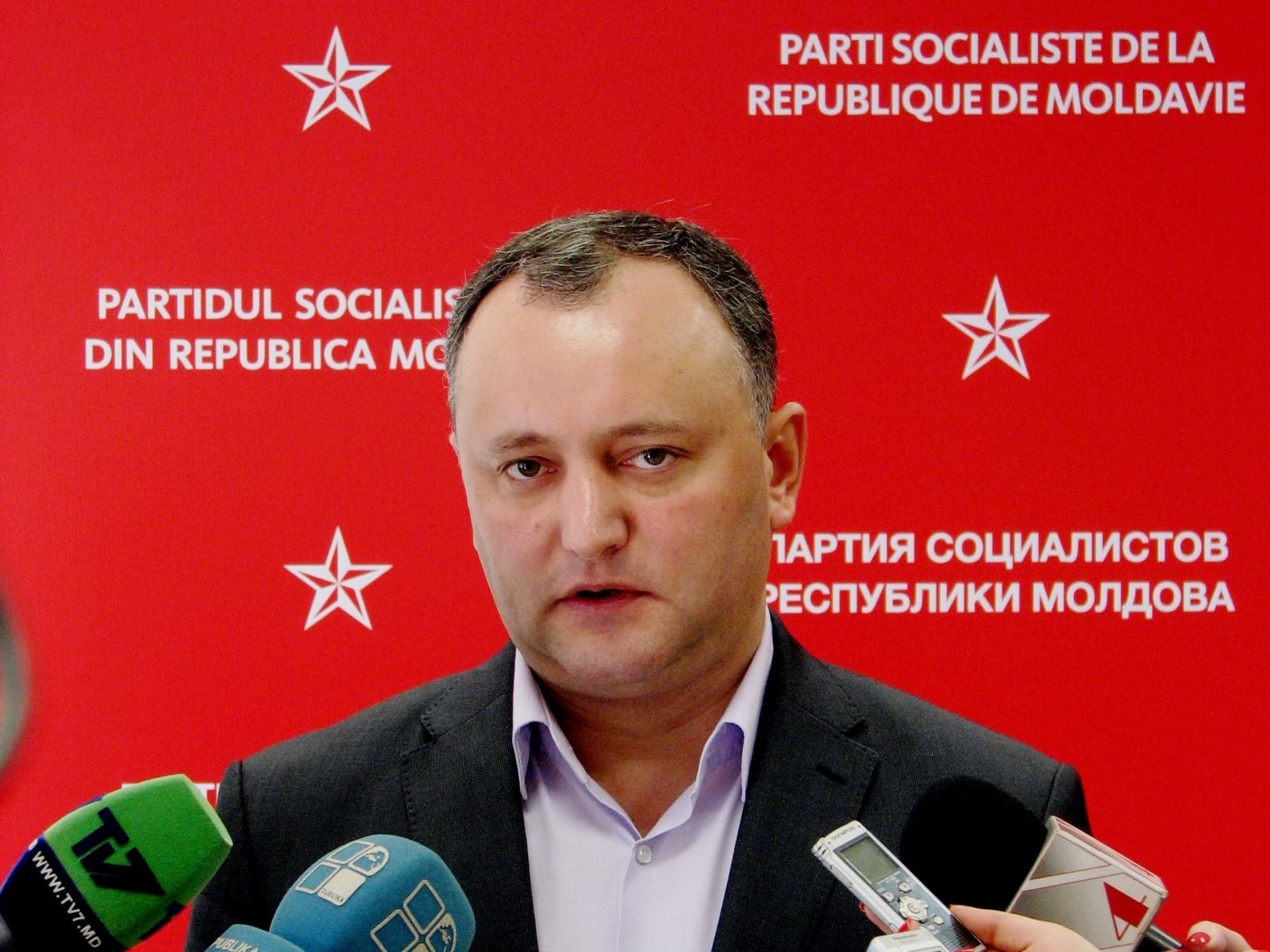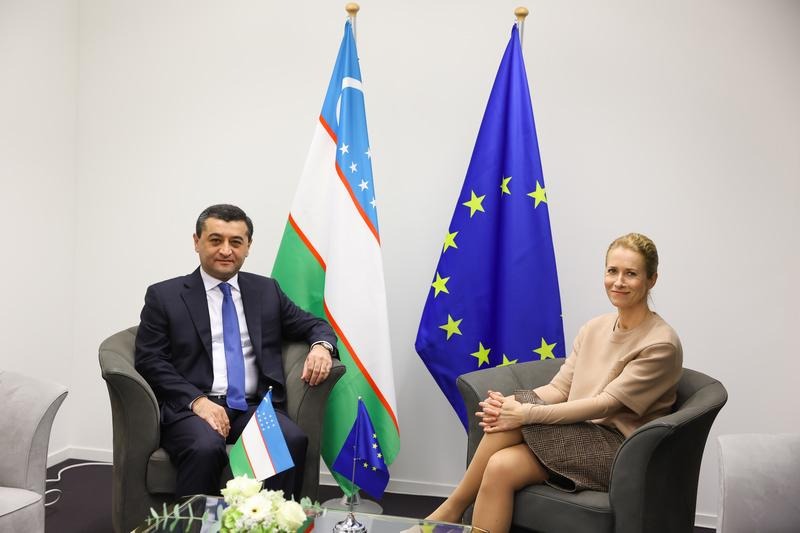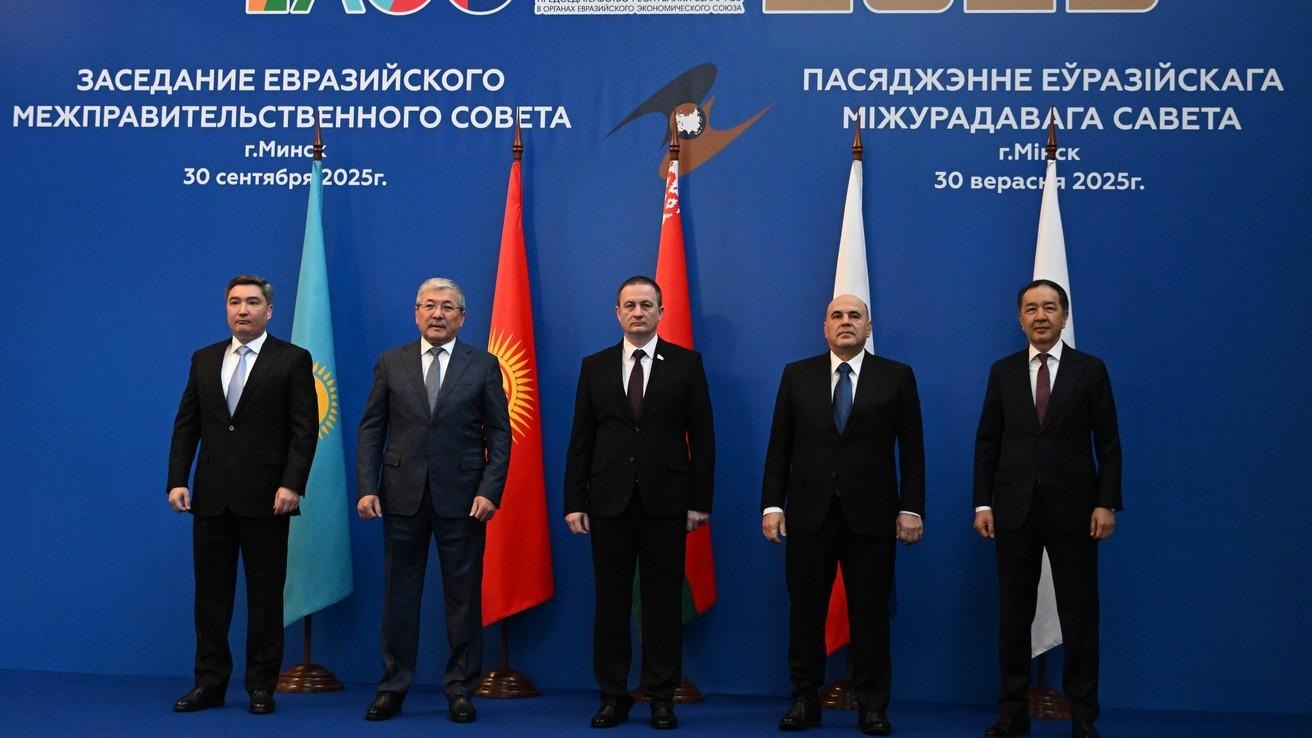
Moldova’s Enduring Political Crisis: A Showcase for Russia’s New Model of Foreign Aggression
Moldova’s Enduring Political Crisis: A Showcase for Russia’s New Model of Foreign Aggression
A precarious political standoff continues unabated in the Republic of Moldova, where the Russia-funded Party of Socialists (PSRM) desperately clings to power while trying to obstruct the conduct of snap parliamentary elections. The most recent development in this saga was the apparent stalling by the acting prime minister, Aureliu Ciocoi, of preparations for elections. Ciocoi justified the move by claiming the government does not have enough money for this exercise (TRM, May 7). His words were mirrored by former president and PSRM leader Igor Dodon, who misleadingly claimed that the head of state—a position now occupied by his political rival Maia Sandu—does not have the right to demand that the government pay to fund elections (Stiri.md, May 7). Dodon, who controls a parliamentary majority and is able to influence the interim government, has been resisting snap elections ever since he lost the presidential office to Sandu in November of last year (see EDM, November 20, 2020).
The main reason for such stalling tactics is that the popularity of incumbent President Sandu is at its peak. She enjoys 41 percent of national support, as opposed to 19 percent for Dodon, who comes in second, according to a credible poll commissioned by the International Republican Institute (Iri.org, Deschide.md, April 21). The same poll find that these two politicians’ levels of support extend to the parties they represent. Namely, the political faction Sandu led before taking office—the Party of Action and Solidarity (PAS)—leads with 33 percent of the expected vote in the next election; whereas Dodon’s PSRM manages to attract 19 percent of the projected vote (Deschide.md, April 21).
If that poll proves correct—and IRI polls on Moldova have a rather accurate track record—Sandu’s PAS can be expected to have a decisive voice in forming a new government. This would then give it the ability to dismantle the illegal schemes and dubious deals that Dodon controls, after inheriting them from fugitive oligarch Vladimir Plahotniuc (see EDM, June 10, 2019). For Dodon and his associates, this change in power would likely lead to uncovering his alleged arrangements with the Russian government and intelligence services (see EDM, January 20, 2021), which use him as an important tool of their broader political warfare against Moldova.
Russia’s driving role behind the present political crisis in Moldova and in engineering the opposition campaign against Maia Sandu was uncovered by journalistic investigations published late last year. Notably, the exposés revealed the activities of Russian political “technologists” (consultants) in Chisinau and their interactions with Moldovan Socialist Party politicians and parliamentary deputies (Rise.md, October 20, 2020; Dossier.center, October 19, 2020). Additionally, Igor Dodon and PSRM members have been regularly traveling to Moscow under various pretexts, at all the stages of escalation of the current political confrontation with Sandu (Pravda.com.ua, December 27, 2020; Jurnaltv.md, February 10, 2021; Newsmaker.md, March 30, April 23, 2021).
The confrontation started immediately following the last presidential elections, when Dodon invoked the COVID-19 pandemic to insist that snap elections be postponed; instead, he suggested that a “crisis government” be appointed to help Moldova deal with the health and economic impacts of the novel coronavirus outbreak. His refusal to honor his earlier pre-electoral promises for new parliamentary elections triggered a political tug-of-war with Sandu, resulting in a lengthy stalemate with two failed attempts to vote on a cabinet (DW-Moldova, January 28, March 25). Afterward, Dodon clashed with the Constitutional Court over legal conditions for the dissolution of the parliament, mandated by the two failed attempts to appoint a government, and lost (Zgd.md, April 15). Anticipating this, his parliamentary majority introduced a two-month state of emergency to avoid triggering snap elections during this period—a move that was again rejected by the Constitutional Court (Unimedia.md, April 28). Following the April 15 decision of the Court to initiate snap elections, the Dodon-controlled parliamentary majority additionally voted to dismiss the head of the Constitutional Court, which itself was invalidated by this tribunal as unconstitutional (Diez.md, April 26). The attempt to forcibly replace the Constitutional Court’s top judge represented such a blatant and unprecedented violation of the Constitution that, according to some views, Dodon could not have had the courage to do it without pressure from and guarantees of his patrons in Moscow. As such, it is revelatory that the Russian foreign ministry accused the United States and the European Union of interference in Moldova’s domestic affairs, after Washington and Brussels condemned the unconstitutional decisions of Dodon’s parliamentary majority (Deschide.md, April 26).
The Republic of Moldova is a crucial test case for the Kremlin. It is the only country in the post-Soviet area where Russia has managed to acquire effective and resilient control over two of the three branches of power—the parliament and the government—by weaponizing corruption, funding a proxy political party, and dominating the national informational domain to influence the local population (Ndc.nato.int, November 2020). Moldova is, thus, a showcase of Russia’s new form of interstate aggression, conducted not through arms but through corrupting local elites and influencing the population, reflecting the Russian proverb that any castle gates will open for gold-laden donkeys. Russia had been trying to apply the same model in Ukraine, with the promotion of Viktor Medvedchuk and his Opposition Platform–For Life political party. It was the Ukrainian authorities’ strong actions against Medvedchuk, his businesses and media networks (Svoboda.org, February 16; see EDM, February 24) that arguably contributed to the recent Russian military deployments near Ukraine’s borders (SWP-Berlin, April 2021).
Such Russian foreign influence operations, mirroring the Soviet Union’s active measures or political warfare during the Cold War, deserve more attention from Western analysts and policymakers since they likely represent the future and dominant model of Russia’s interstate aggression. As with other tools tested earlier in the post-Soviet space and then applied against Western countries—including direct election interference and disinformation campaigns—the West may again end up being forced to react because it missed the opportunity earlier on to be proactive. Unlike those past direct attempts, which made attribution more straightforward, however, Russia has started to much more heavily recruit and rely on local proxies to carry out its policies. Such a strategy allows the Kremlin to imitate regular domestic political processes, making identification of its destabilizing involvement more challenging. Indeed, some evidence suggests Russia may already to some degree be employing this model in Western countries as well, which makes understanding the Moldovan case—and how to counter Russian influence under such conditions—all the more important.


